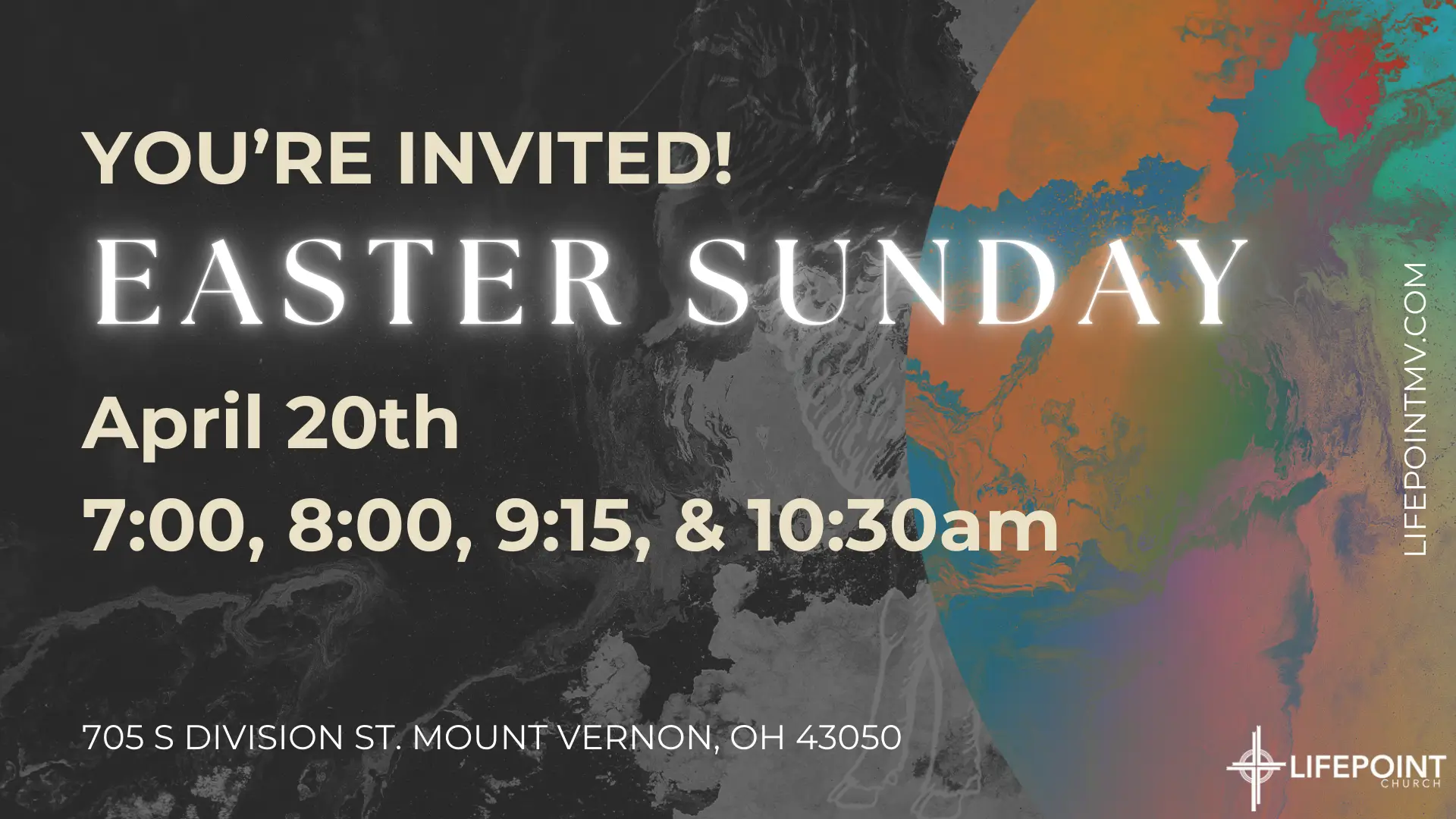SCRIPTURE
Revelation 8:13-9:12; 9:20-21
13 Then I looked, and I heard an eagle crying with a loud voice as it flew directly overhead, “Woe, woe, woe to those who dwell on the earth, at the blasts of the other trumpets that the three angels are about to blow!”
9 And the fifth angel blew his trumpet, and I saw a star fallen from heaven to earth, and he was given the key to the shaft of the bottomless pit. 2 He opened the shaft of the bottomless pit, and from the shaft rose smoke like the smoke of a great furnace, and the sun and the air were darkened with the smoke from the shaft. 3 Then from the smoke came locusts on the earth, and they were given power like the power of scorpions of the earth. 4 They were told not to harm the grass of the earth or any green plant or any tree, but only those people who do not have the seal of God on their foreheads. 5 They were allowed to torment them for five months, but not to kill them, and their torment was like the torment of a scorpion when it stings someone. 6 And in those days people will seek death and will not find it. They will long to die, but death will flee from them.
7 In appearance the locusts were like horses prepared for battle: on their heads were what looked like crowns of gold; their faces were like human faces, 8 their hair like women’s hair, and their teeth like lions’ teeth; 9 they had breastplates like breastplates of iron, and the noise of their wings was like the noise of many chariots with horses rushing into battle. 10 They have tails and stings like scorpions, and their power to hurt people for five months is in their tails. 11 They have as king over them the angel of the bottomless pit. His name in Hebrew is Abaddon, and in Greek he is called Apollyon.
12 The first woe has passed; behold, two woes are still to come…
20 The rest of mankind, who were not killed by these plagues, did not repent of the works of their hands nor give up worshiping demons and idols of gold and silver and bronze and stone and wood, which cannot see or hear or walk, 21 nor did they repent of their murders or their sorceries or their sexual immorality or their thefts.
Revelation 11:1-3, 7-10
Then I was given a measuring rod like a staff, and I was told, “Rise and measure the temple of God and the altar and those who worship there, 2 but do not measure the court outside the temple; leave that out, for it is given over to the nations, and they will trample the holy city for forty-two months. 3 And I will grant authority to my two witnesses, and they will prophesy for 1,260 days, clothed in sackcloth…”
7 And when they have finished their testimony, the beast that rises from the bottomless pit will make war on them and conquer them and kill them, 8 and their dead bodies will lie in the street of the great city that symbolically is called Sodom and Egypt, where their Lord was crucified. 9 For three and a half days some from the peoples and tribes and languages and nations will gaze at their dead bodies and refuse to let them be placed in a tomb, 10 and those who dwell on the earth will rejoice over them and make merry and exchange presents, because these two prophets had been a torment to those who dwell on the earth.
When we study God’s Word, it should lead us to both rejoicing and repenting.
- What stands out to you from the text?
- What questions or comments do you have about it?
- In what ways did you find yourself encouraged and/or rejoicing when you heard the message?
- In what ways were you challenged to repent or change when you heard the message?
- How did the teacher connect this passage to Christ? What other connections do you see between this message and the redemptive work of Christ?
CONCLUSION
- What is one thing that you want to remember from this sermon?
- Why is that important to you?
ADDITIONAL RESOURCES
Fast Facts on Revelation
- Tradition tells us that Revelation was written ~96 AD by the Apostle John while he was in exile on the island of Patmos. He would have been in his 80’s.
- Domitian was the Roman Emperor at this time (81-96 AD). He ordered all citizens and subjects to worship him as “Lord and God.” He called himself “Everlasting King” and required citizens and subjects to visit his temple, throw a pinch of incense on the fire of the altar, and say: “Caesar Kurios.”
- “Revelation” is a translation of the Greek word ἀποκάλυψις (apokalypsis). It means to reveal, unveil, or disclose.
- Revelation is not meant to be a riddle; it’s meant to reveal Jesus Christ. (But we should humbly admit that we may not accurately understand all that Revelation reveals.)
- Revelation was written by a pastor (John) to churches in Asia Minor in AD 96. Revelation is not meant to be an enigma; it’s meant to be an encouragement to churches to persevere in their faithfulness to Christ.
- Revelation has 404 verses, with 285 Old Testament citations and as many as 550 OT allusions.
- Revelation is written in a genre that uses people, animals, events, natural phenomena, numbers, colors, etc. symbolically to reveal reality to its readers.
Recommended Resources
- Discipleship on the Edge by Darrell Johnson
- Christ-Centered Exposition by Daniel Akin
- Blessed by Nancy Guthrie
- The Book of Revelation (New International Greek Testament Commentary) by G.K. Beale

